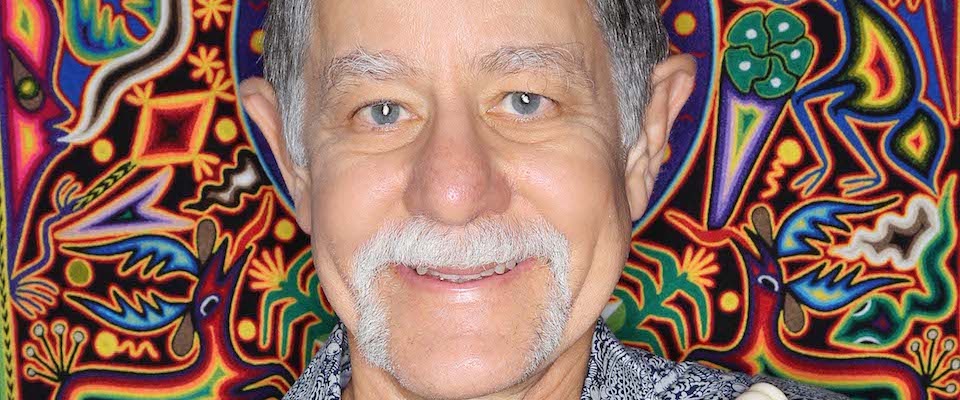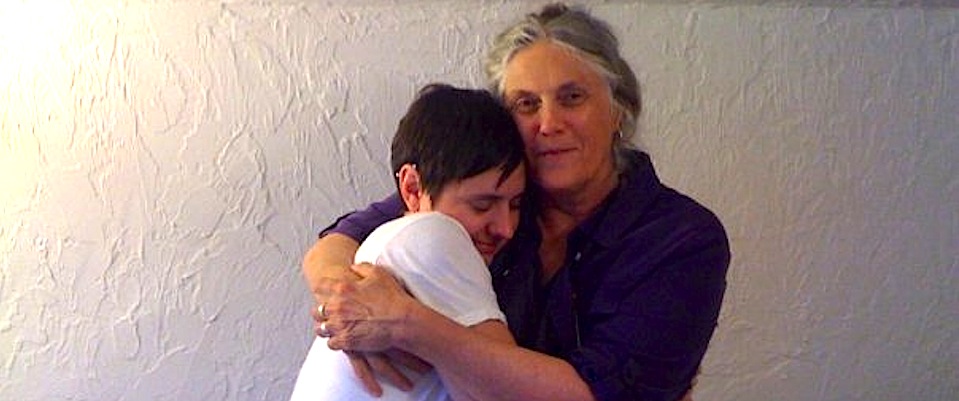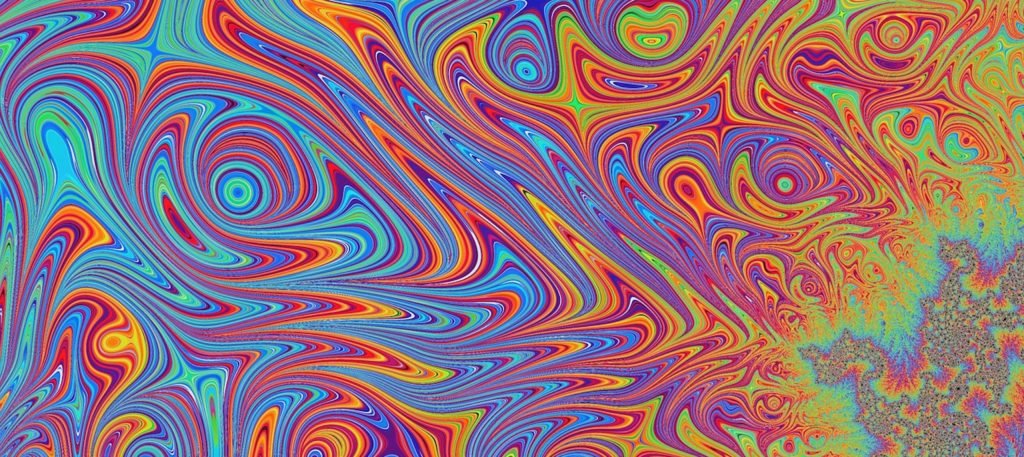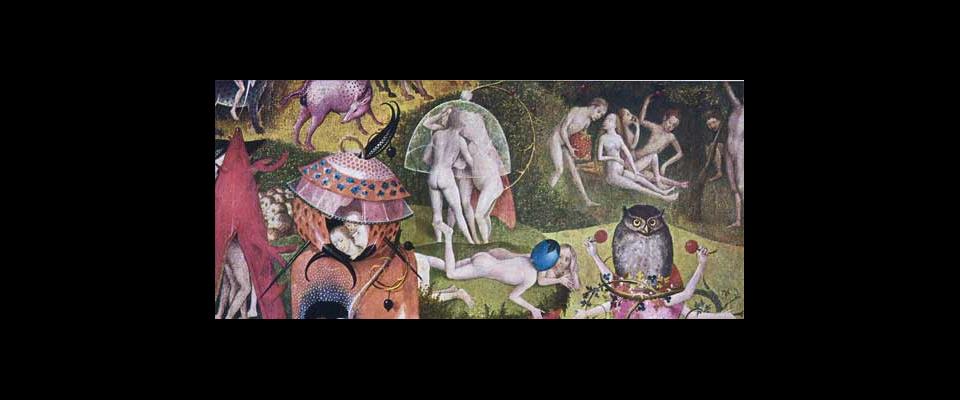More than 550 Berkeley students take your course Drugs and the Brain every year. What do you hope your students take away from the class?
Respect for the power of drugs, and specifically that all drugs are poisons as well as medicines. This is embedded in the ancient Greek word pharmakon. The origin of our words pharmacy, pharmaceutical, and pharmacology, it means both medicine and poison. While the ancients appreciated this dual property of drugs, it is often overlooked, even forgotten, in contemporary society.
Some drugs are more poisonous than others. One poison quality associated with some drugs is the risk of abusive relationship, including what we call addiction. As a teacher, I come to this discussion with the belief that education matters—that one benefits from knowing the facts. And through education, I hope that whatever relationships one might have with a given drug—be it tea, beer, cannabis, Adderall, Prozac, Vicodin, or any one of many, many more—are grounded in respect for the drug’s power.
How did you find your way to psychopharmacology as your primary field of study?

Since my college-student days, I have been interested in the nature of mind and consciousness. Who are we as conscious beings, and how are we related to the rest of what we call physical reality? I approached this first via physics, mathematics, and chemistry, then biology and psychology, and now all of these. The fact that you can put a wee bit of this or that chemical into the body, some of which gets into the brain, and dramatic changes in thoughts, feelings, and actions may result, says something quite profound about the nature and functioning of mind, and how mind is related to the physical makeup of brain and body.
There is renewed interest in using psychedelic drugs to treat mental illness. In what cases might psychedelic drugs be an appropriate treatment?
Psychedelic chemicals are powerful openers and amplifiers of what we call consciousness and have long been appreciated as therapeutic tools when used with appropriate preparation, education, and intent. Shamans from indigenous cultures have employed them this way probably for millennia. In the early days of modern psychedelic science, in the 1950s and ’60s, there were research projects at major medical centers investigating the therapeutic utility of psychedelics. Then everything shut down, as a result of the complicated impact these powerful substances had on society during the 1960s. Now, after several decades of thoughtful and diligent work by groups of scientists and policymakers, clinical research with psychedelics is slowly returning to the scientific mainstream.
Based on the early clinical research as well as newer findings, among the conditions that are responsive to psychedelically assisted psychotherapy are addictions and post-traumatic stress disorder, as well as other types of anxiety conditions and mood disorders. It is important to note that the best results of such therapies are likely to occur only in the presence of ongoing integration of any openings, insights, and gains occasioned by the medicine—something requiring a knowledgeable and supportive community.
People have drawn connections between psychedelic drugs and religious experiences. Do you see the two as connected?
Studies have demonstrated that what is called a spiritual or religious or mystical experience can be occasioned, in some circumstances, by psychedelic substances. However, no matter how such experiences come about—whether spontaneously, drug occasioned, or in association with other powerful emotional circumstances—spirituality and religion are far more than isolated experiences. Generally central to spiritual and religious practice, is ongoing and disciplined engagement with the world, in ways that benefit a greater good. Isolated experiences may serve to catalyze and energize such ongoing engagement, but are only a piece of a larger picture.
The Dalai Lama has said that “while scientific findings offer a deeper understanding of such fields of knowledge as cosmology, it seems that Buddhist explanations can sometimes give scientists a new way to look at their own field.” How has your work in India and Bhutan influenced the way you think about science?
Questions about mind and reality are of interest to many spiritual traditions and also to science. Neuroscience has interest in the investigation of mind and consciousness. In cosmology, a big question is the nature of the universe—where did it come from and where is it going? Spiritual traditions such as Buddhism approach these questions from very different worldviews and methods of analysis.
Thirty years ago the Dalai Lama initiated what has become an ongoing series of dialogues with groups of scientists. This has led to the creation of educational programs to introduce scientific concepts and knowledge to monks and nuns in Tibetan Buddhist monasteries in India. I’ve had the good fortune to teach with one of these programs for more than 12 years. Working with monastics continues to broaden my perspective and has taught me to teach more effectively. Most of the monastic students, while highly intelligent and very well educated in certain areas, have little, if any, prior exposure to science. But because they are attentive and sophisticated thinkers in the areas of logic and philosophy, they are able to challenge ideas from science that we take for granted. My opinion is that this ongoing engagement is important in ways yet to be revealed and may contribute to a new level of insight into how mind and world are inextricably interdependent.





















